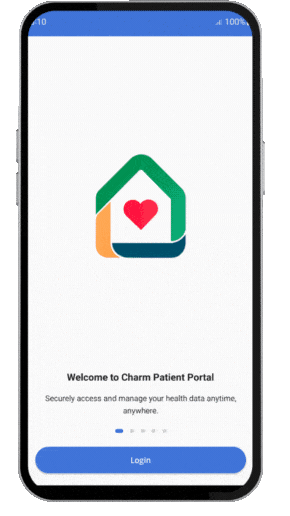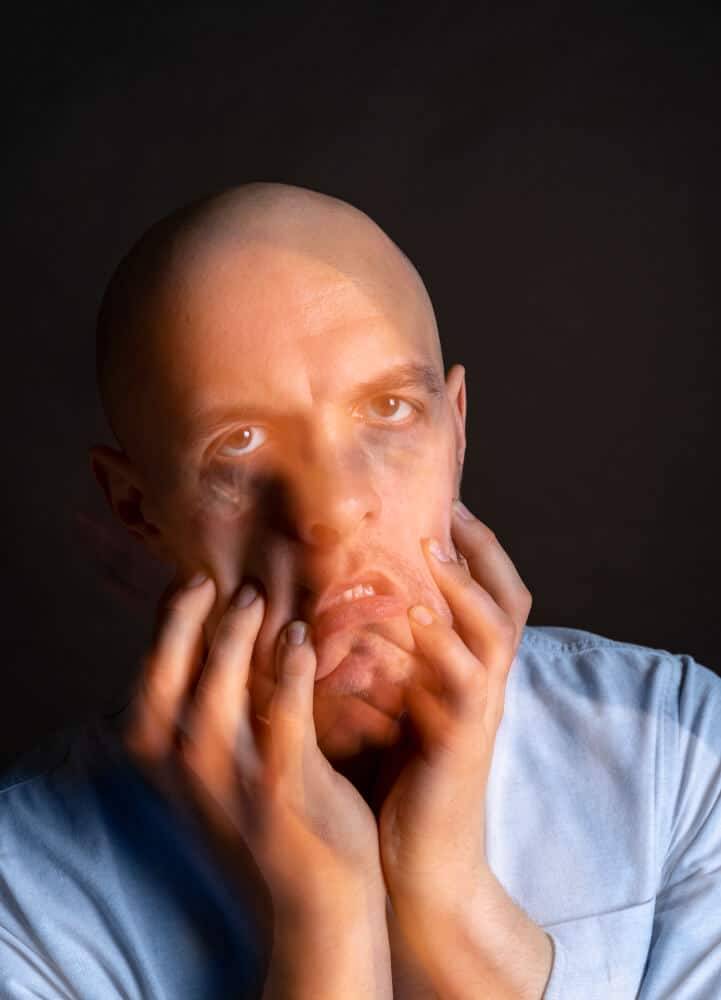Online Psychiatric Treatment and Therapy
For a limited time, we are now offering same-day, urgent appointments with Seanra Kalil PA (for medication management in CA, FL, IL and AZ) and Anna Mitchell LPC-S (for therapy in Texas).
Introducing the
TelepsychHealth Charm App
With the app, you may:
Check in to your appointment
Send secure messages to your provider and staff
Access files shared (lab results, encounter summaries, billing info)
Check your day-to-day medications
View practice announcements

How TelepsychHealth Can Help
Access to quality mental health care has never been more essential—or more convenient. At TelepsychHealth, we provide online psychiatry and therapy services designed to meet you where you are, both emotionally and physically. Our mission is to remove barriers to care by offering secure, virtual appointments with licensed mental health professionals who truly care.
Whether you’re navigating anxiety, depression, ADHD, trauma, or other emotional challenges, we ensure you get personalized support without the hassle of travel, long wait times, or complicated insurance issues. With TelepsychHealth, you’re empowered to take control of your mental wellness—on your schedule and in your space.
Reviews from Verified Patients
Real stories from people who found support, healing, and peace of mind through TelepsychHealth. See how virtual care is making a real difference.
Psychiatry Services Available in These States
Our psychiatry care is delivered entirely online, allowing you to book appointments with licensed providers from anywhere within your state.
How it works

Reach out to us to schedule your first appointment

Prepare with privacy, proper lighting, and stable internet

Prepare with privacy, proper lighting, and stable internet
Preparing for your first online appointment

Create a ChARM Account
You will receive an email link to sign up for an account. You will use this account to request appointments and send secure messages.

Download Zoom and join a test meeting
Go to zoom, and join a test meeting, which will automatically download the secure app to your computer, iPhone, or Android device.

Log into Charm before appointment
Once you log into Charm, and go to appointments, then check-in, you can join the session up to 30 minutes prior to the start time.

Write Down Your Questions
Think about questions you’d like to ask during your session and write them down so you don’t forget.

Find a Private, Well-Lit Area
Ensure you are in a private, well-lit area for the duration of your appointment, free of distractions.
Conditions We Treat
We provide treatment for a variety of conditions. We recognize that the best way to approach self-care and well-being is to understand and treat the underlying causes of distress. We also acknowledge that mental health wellness is a journey and can’t be treated overnight. That’s why we pride ourselves in taking the time to understand your individual needs so that we may treat you holistically. Read about the conditions we treat below.
Frequently Asked Questions
Who is TelepsychHealth for?
TelepsychHealth offers online mental health treatment to individuals ages 18 and older. TelepsychHealth offers online psychiatric medication management and therapy services for adults (and in certain cases minors where clinically appropriate) who are seeking convenient, virtual mental-health care. We treat conditions like anxiety, depression, ADHD, mood disorders, trauma, substance use concerns and more. Our licensed clinicians provide medication management, individual therapy and virtual follow-up care to patients in the states where we are licensed and credentialed.
How does TelepsychHealth work?
The process at TelepsychHealth is streamlined for virtual access:
-
Step 1: You request an appointment. We send you intake forms to complete online prior to your first visit.
-
Step 2: You meet with a licensed provider via secure video (or in some cases hybrid tele/in-person depending on your state and clinical needs). During the first visit we evaluate your concerns, review your history and collaborate with you on a treatment plan.
-
Step 3: You follow that plan, which may include regular virtual follow-ups, messaging your provider securely between visits, and any required labs or referrals. We coordinate medication management and therapy in an integrated manner.
-
Step 4: We monitor your progress, adjust treatment as needed, and help you engage in ongoing wellness and follow-through.
Who are the providers and therapists?
Our team at TelepsychHealth comprises board-certified psychiatrists, psychiatric nurse practitioners, physician associates, and licensed therapists/counselors. All providers are licensed in the states they serve, and we emphasize evidence-based practice, patient-centered care, and strong therapeutic relationships.
Do you accept insurance?
Yes — TelepsychHealth is in-network or participates with many major commercial insurance plans and Medicare (in states where we are credentialed). We also provide options for self-pay if needed. When you contact us, we will check your benefits and let you know your likely out-of-pocket cost.
Is my information kept private?
Absolutely. We take information security very seriously. TelepsychHealth complies with HIPAA and uses secure, encrypted video-conferencing, patient portal messaging and EHR systems. All communications are protected, and only authorized staff access your data in accordance with our Privacy Policy.
How do I get my medication if it’s prescribed?
If medication is part of your treatment plan, your licensed psychiatric provider at TelepsychHealth will send the prescription electronically to your local pharmacy (in states where permitted) or coordinate a convenient supply (through a mail order pharmacy). We provide clear instructions, check for interactions, side-effects and monitor for safe and effective use. Follow-up appointments allow us to evaluate how you’re doing and make adjustments.
How can I get help if I’m in crisis?
our safety is our highest priority. If you are experiencing suicidal thoughts, self-harm urges, or a mental-health emergency, please call 911 or go to your nearest emergency department immediately.
For non-emergency but urgent concerns, you may contact our team during business hours, or reach out to a 24/7 crisis line in your region. TelepsychHealth’s online service is not intended to replace emergency care in such critical situations.
What mental health conditions do you treat?
TelepsychHealth treats a wide range of psychiatric and therapy-needs including:
-
Depression, grief and irritability
-
Generalized anxiety, panic, social anxiety
-
ADHD / adult attention-deficit concerns
-
Bipolar disorder and mood swings
-
Trauma, PTSD, complex stress
-
Substance use and addiction (in coordination with your broader care)
-
Sleep/fatigue problems tied to mental health
-
Personality patterns, life-transition issues, chronic care integration
If you have a condition or concern not listed, please inquire — we’ll determine whether it’s appropriate for online care or refer you to a specialist.



















